Zarif ‘believes US will extend Iran sanctions relief’
Iranian Foreign Minister Mohammad Javad Zarif says he believes the United States will extend the suspension of its nuclear-related sanctions against the Islamic Republic on the due date as part of its commitments under a multilateral deal that involves Iran.
Speaking in an interview with Iran’s ISNA news agency published on Tuesday, Foreign Minister Zarif said that during a recent meeting of the parties to the 2015 deal, including the US, all sides stressed that the agreement had to be implemented.
He said a “positive statement” was also issued at the end of the event, the 7th Iran-P5+1 Joint Commission.
The final statement of the commission issued on April 25 reads, “All participants noted their continued adherence to JCPOA commitments and stressed the need to ensure its full and effective implementation.”
Zarif explained, however, that Iran’s concerns regarding the US’s violations of the deal had been documented according to a mechanism envisioned in the deal, which is officially called the Joint Comprehensive Plan of Action (JCPOA).
He referred to a confirmation by US Secretary of State Rex Tillerson of Iranian compliance with the JCPOA and said that, despite the negative campaigning that accompanied that confirmation, he expected that the US would proceed to extend sanctions relief for Iran.
“Given the implementation record of the JCPOA during this period and given the US commitments under the JCPOA, I believe they (the Americans) will extend the suspension of the sanctions,” Foreign Minister Zarif said.
On April 18, Secretary of State Tillerson wrote a letter to the US Congress certifying that Iran was in compliance with the terms of the nuclear accord.
The US State Department notifies the Congress of Iran’s compliance with the JCPOA every 90 days, and Tillerson’s letter was the first such notification under the administration of US President Donald Trump, who has been strongly opposed to the deal.
Iran had a range of sanctions by the US, the United Nations (UN), and the European Union (EU) terminated after it reached the nuclear deal with the P5+1 group of countries — namely the US, the UK, France, China, Russia, and Germany — in Vienna in 2015.
A part of the termination of the sanctions comes in the form of the US issuing and extending waivers of certain statutory sanctions provisions. The waivers are issued upon verification of Iranian compliance with the deal and are in effect for a specified duration (generally 120 to 180 days), after which they will have to be renewed based on updated verification.
The latest waivers will expire on May 19.
In his letter to the Congress, Tillerson also claimed that Iran continued what he called sponsorship of terrorism and that the US would be reviewing whether the suspension of the sanctions against Iran would be in the US’s national interest.
Zarif said the US administration both had to notify the Congress of Iranian commitment to the JCPOA and was incapable of breaching the deal, so it made the negative remarks in an attempt to influence the positive outcomes of the confirmation.
‘Tehran not after conflict with Riyadh’
Elsewhere in the interview, the top Iranian diplomat said the Islamic Republic was not seeking to provoke tensions with the Saudi government.
“If the Saudi government abandons its short-sighted policies, its support for Takfiri and extremist groups, and the war on Yemeni people, we are ready to help Iran-Saudi relations move in a constructive direction,” Zarif pointed out.
He hailed the planned participation of Iranian pilgrims in this year’s Hajj rituals as a “very good development” and expressed Iran’s readiness to resolve tensions with dialog.
He said Iran had not opposed offers by Pakistani, Indonesian, Kazakh, and Russian officials to mediate between Iran and Saudi Arabia but explained that what was necessary was for Saudi Arabia to change its attitude.
Iran did not send pilgrims to the 2016 Hajj pilgrimage in Saudi Arabia over security concerns that rose after two deadly incidents claimed the lives of more than 470 Iranian pilgrims during the rituals the previous year.
Additionally, Zarif said Iran’s authority in the region and the world had been achieved as a result of the country’s “right policies and right choices.”
He said Iran’s policies of supporting nations and not lending support to terrorist groups, compared to the wrong policies of certain regional countries and the US, led Iran to a superior position.
UK, China push strategic cooperation as US undermines global order
Iran not opposed to dialog but seeks diplomacy based on mutual respect: Qalibaf
Extreme poverty rate soars in UK: Report
Hezbollah official warns US strike on Iran could ‘trigger volcano’ in West Asia
Hamas never agreed to lay down arms in truce talks: Official
VIDEO | Iraqi political blocs denounce Trump’s interference in domestic affairs
China warns US against war on Iran, slams Washington militarism at UN
Pezeshkian orders public release of names of recent riots victims



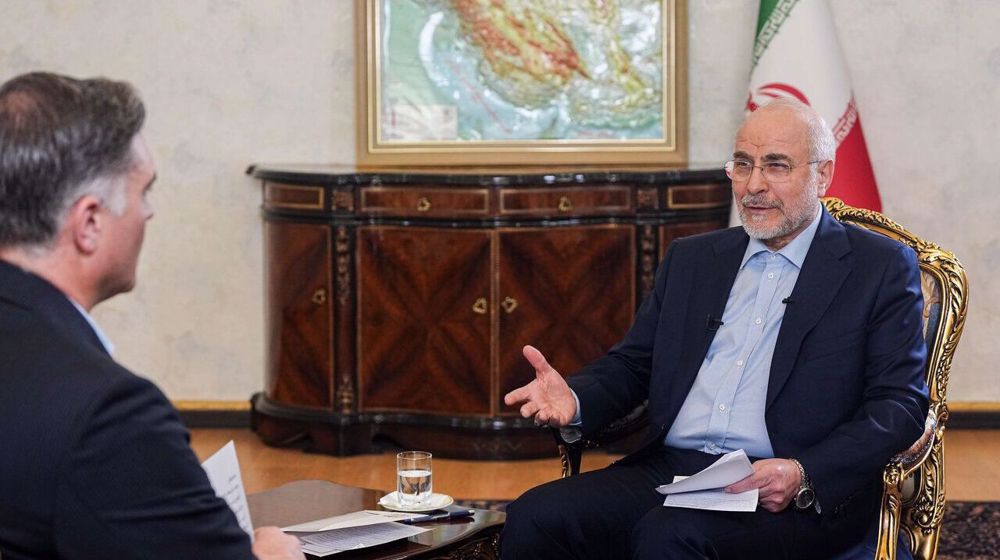
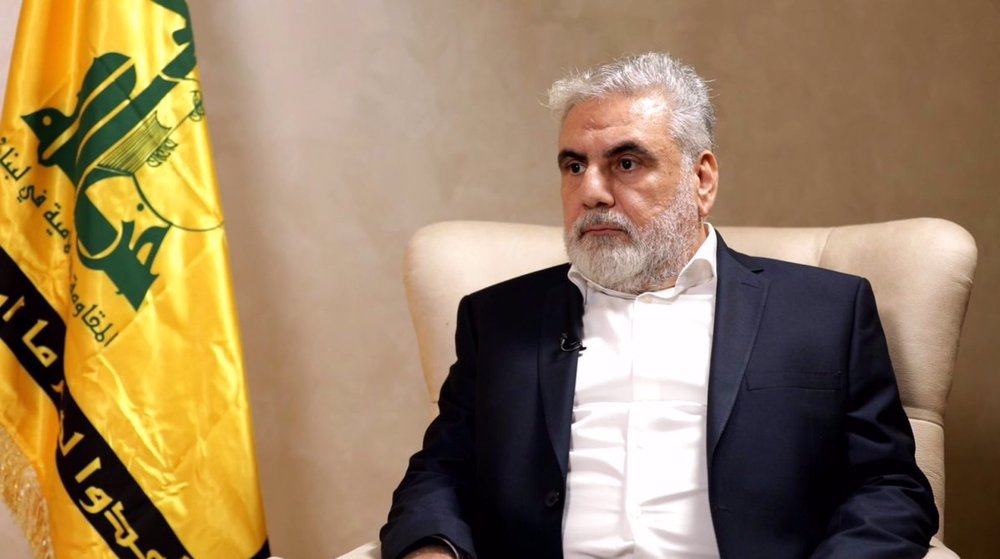
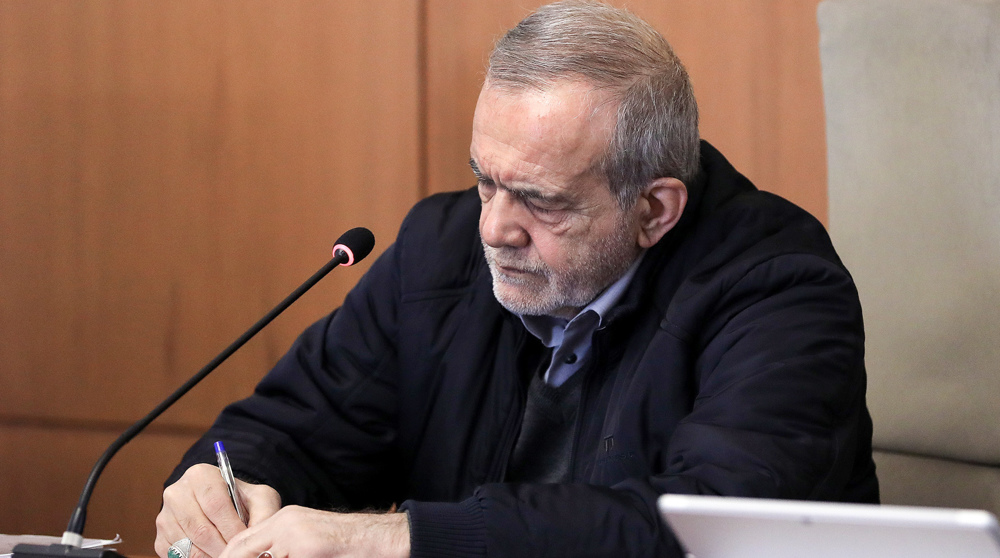




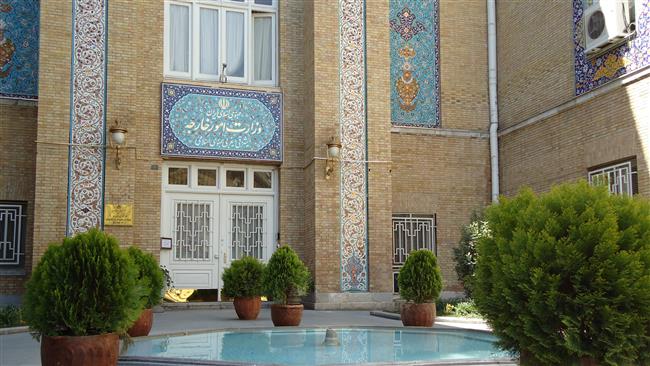
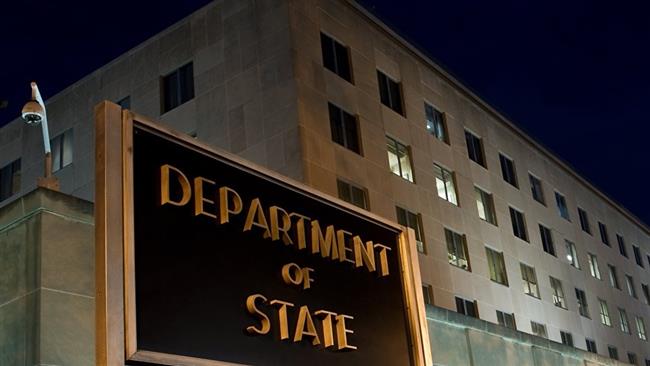
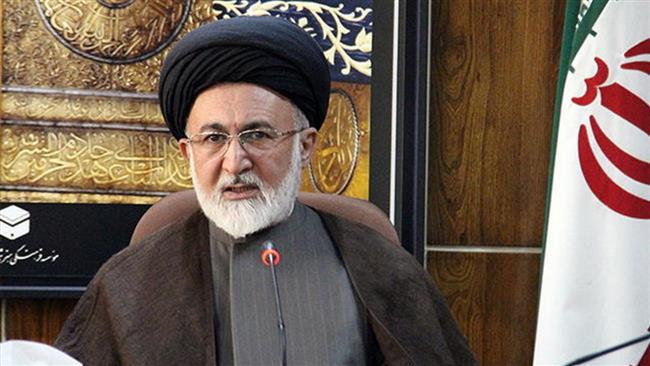


 This makes it easy to access the Press TV website
This makes it easy to access the Press TV website